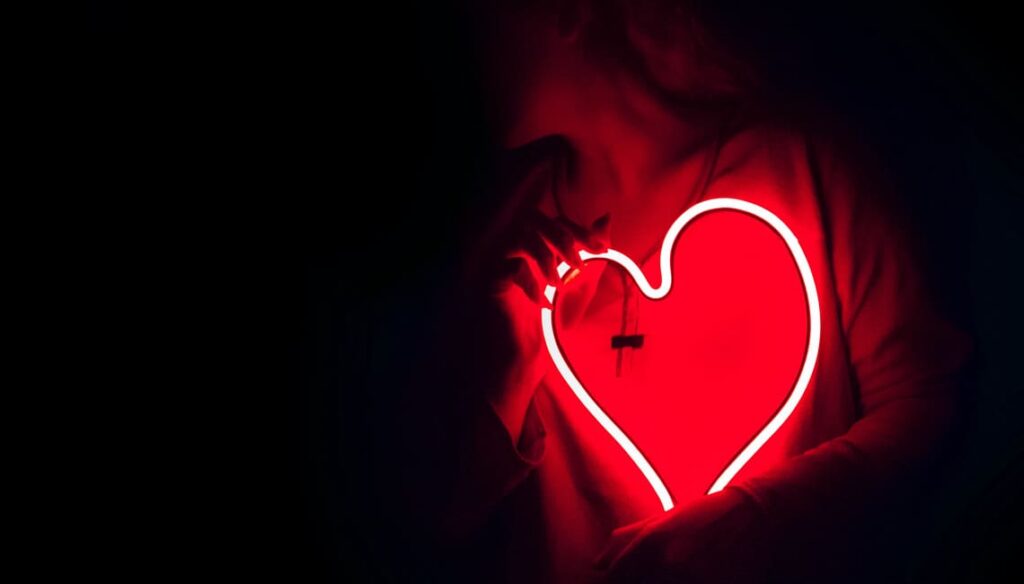
I wake up and feel the darkness fall, not the day.
Joan Didion
On December 27, 2016, renowned actress Carrie Fisher passed away due to complications from cardiac arrest; the following day, her mother, the also famous Debbie Reynolds suffered a cerebral hemorrhage and died.
Joe Garcia‘s death from a heart attack on May 26, 2022, also came as a surprise. His family explained that he could not bear the pain of losing his wife, teacher Irma Garcia, who two days earlier was a victim of the attacks at Robb Elementary School in Uvalde, Texas.
Last January 12, 2023, the death of Lisa Marie Presley, died, according to the media, of a cardiac arrest – She had a broken heart – said her mother during her funeral, because in 2020 she would have suffered from the surprise death of her 27-year-old son, and this was expressed in an article for People magazine.
At first, it may be a weakness, headache, shoulder or back pain, hives on the skin, or the appearance of spots. Later there may be chest tightness, excessive tiredness, choking sensation, hypersensitivity to noise, visual hallucinations, and nightmares. These symptoms also affect those who have been with patients who suffered a prolonged illness but could not accept the deteriorating situation of their terminally ill loved one.
Medicine has named it complicated grief since the feeling of uncertainty prevents the person in the middle of this trance from attending to his or her own needs: he or she loses appetite and sleep, and becomes unsettled and this can cause a risk of contracting heart disease, digestive ailments, addictions, and even cancer.
Psychologist Victor Hugo Bolaños says that the only way to heal grief is to go through it, and David Kessler says that we have to live it, just as buffalo herds go into storms instead of running away from them, because their instinct tells them that they cannot be avoided, although this requires great energy and they use all their strength to do so.
Is it possible to prepare ourselves for such an immense impact as the death of a loved one? In many cases a loss generates other consecutive ones, tragedies never come alone. That is why we suggest these #tools that can help you, or a loved one, in these circumstances.
- Loss of control, intense crying, frustration, separation, and fear, are feelings that we should express; other people may not like to see us in a bad way, but there is no right way to express grief. The wrong thing to do is to avoid it.
- From today, ask yourself every day: how am I? Scan your body, and detect any change, especially if there is pain, contraction, or something new. Breathe while doing this exercise and with each exhalation release the tension.
- Take care of your body, and strengthen it, you will need it to get through the “storms”.
- Release your grief, move, remember that endorphins relieve anxiety, feed yourself and contact with nature, so you can reconnect with the vital cycles.
- Remember that nothing really dies, everything transforms.
- Avoid thinking about what you would have done, no one can see the future and, if you lived that moment again, you would repeat the same thing, because you did the best you could and made the right decision.
- In this podcast, David Kessler talks to a specialist about the physical consequences of a very difficult bereavement.
- Asking for help, going to therapy, going to the doctor to heal, and finding a community that has experienced the same as you, helps to verbalize your feelings and put your thoughts in order. This way you will be able to go through your grief with good support.
- Time does not heal everything. We must attend to our feelings so that we don’t get sick. However, it is true that nothing lasts forever.
It is said that people who have gone through the most terrible grief lose their fear, know how to face uncertainty and their strength is admirable. At Del Pueblo Funeral Home we accompany you in your process, and we remind you that we make the most difficult moments easy.
